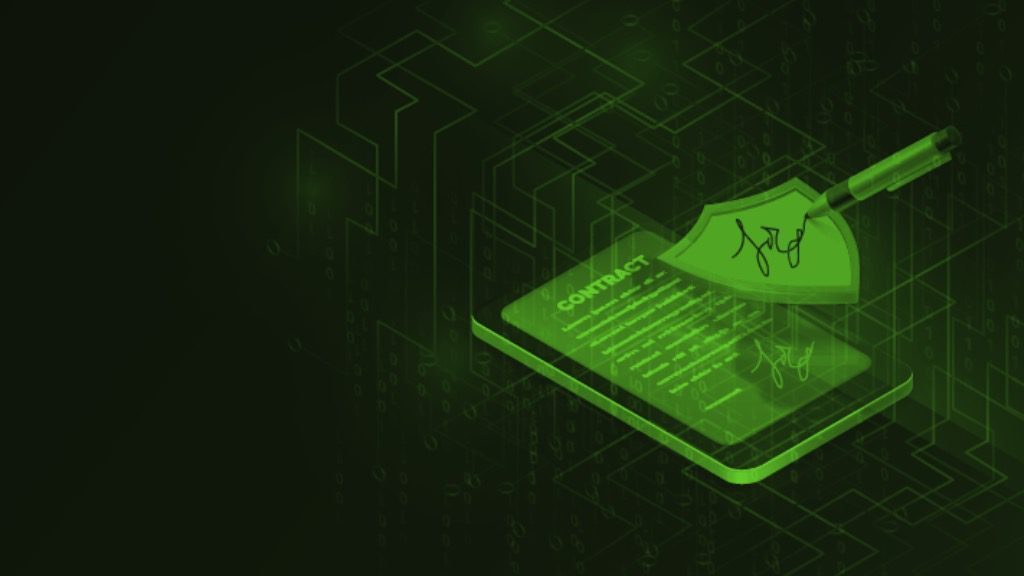In an era of rapid technological advancements, the legal sector is not immune to transformation. One of the most groundbreaking innovations in this field is the integration of blockchain technology into contract management. Blockchain contract platforms are revolutionizing how contracts are created, executed, and maintained, offering benefits that extend beyond mere security. These platforms are paving the way for innovation in contracts, providing solutions that are not only secure but also transparent, immutable, and adaptable to the modern legal landscape.
The Rise of Blockchain in Contract Management
The legal industry has always been rooted in tradition, relying on paper-based contracts and manual processes. However, the digital age has introduced new challenges that demand more efficient and secure methods of managing contracts. This is where blockchain technology comes into play. Blockchain, known for its decentralized and immutable nature, offers a digital contract platform that addresses many of the limitations of traditional contract management.

Security in Legal Contracts
One of the most significant advantages of using blockchain for contracts is the enhanced security it provides. Traditional contracts are susceptible to tampering, loss, and fraud. On the other hand, contracts on blockchain are virtually tamper-proof, thanks to the technology’s inherent characteristics. Each contract is stored in a decentralized ledger, making it nearly impossible for unauthorized parties to alter or forge any part of the contract. This level of security is unmatched by any other digital or paper-based system, ensuring that legal agreements remain authentic and trustworthy.
Immutability and Transparency in Contracts
Immutability is another crucial feature of blockchain contracts. Once a contract is recorded on the blockchain, it cannot be altered or deleted. This ensures that the contract’s terms and conditions are preserved in their original form, providing a reliable reference for all parties involved. The immutability of contracts on blockchain is particularly beneficial in legal disputes, as it provides indisputable evidence of the contract’s contents and the agreements made.
Transparency is also a key advantage of using blockchain for contract management. In a blockchain contract platform, all parties involved in a contract have access to the same information, ensuring that everyone is on the same page. This transparency reduces the likelihood of misunderstandings or disputes, as all parties can verify the contract’s details at any time. Moreover, blockchain’s transparency promotes accountability, as any actions related to the contract, such as modifications or execution, are recorded and visible to all relevant parties.
Smart Contracts: Automation and Efficiency
Blockchain contract platforms are not just about security and transparency; they are also about innovation. One of the most innovative features of blockchain contracts is the ability to create and execute smart contracts. Smart contracts are self-executing contracts with the terms of the agreement directly written into code. These contracts automatically execute when the conditions specified in the contract are met, eliminating the need for intermediaries and reducing the time and cost associated with contract execution.
For example, in the context of a digital contract platform, a smart contract could automatically release funds once a specific task is completed and verified. This automation ensures that contracts are executed efficiently and accurately, without the delays and errors that can occur with manual processing.
Personalized Video Contracts: A Modern Legal Solution
Another exciting innovation in blockchain contract platforms is the advent of personalized video contracts. Video contracts are a modern legal solution that allows parties to record and store video versions of their agreements on the blockchain. These videos can serve as an additional layer of authentication and personalization, providing a more human element to the contract process.
Personalized video contracts offer several advantages. They allow parties to explain the terms of the contract in their own words, reducing the risk of misinterpretation. They also provide a visual and verbal record of the agreement, which can be invaluable in case of disputes. Moreover, the use of video contracts can enhance the overall user experience, making the contract process more engaging and accessible.

The Future of Contracts on Blockchain
As blockchain technology continues to evolve, so too will the capabilities of blockchain contract platforms. The future of contract management lies in the continued integration of blockchain with other emerging technologies, such as artificial intelligence and the Internet of Things (IoT). These technologies will further enhance the functionality and efficiency of blockchain contracts, making them even more indispensable in the legal sector.
For instance, AI-powered smart contracts could autonomously analyze and negotiate contract terms, while IoT devices could automatically trigger contract execution based on real-world events. The possibilities are endless, and the potential for innovation in contracts is vast.
Conclusion: More Than Security, A Revolution in Contract Management
Blockchain contract platforms represent more than just a secure way to manage contracts; they symbolize a revolution in how we think about and execute legal agreements. By leveraging the security, transparency, and automation that blockchain technology offers, these platforms are setting new standards in contract management. As the legal sector continues to embrace digital transformation, blockchain will undoubtedly play a central role in shaping the future of contracts.
With innovations like smart contracts and personalized video contracts, the possibilities for improving contract management are limitless. Blockchain is not just about security in legal contracts; it’s about creating a more efficient, transparent, and innovative legal system for the future.



